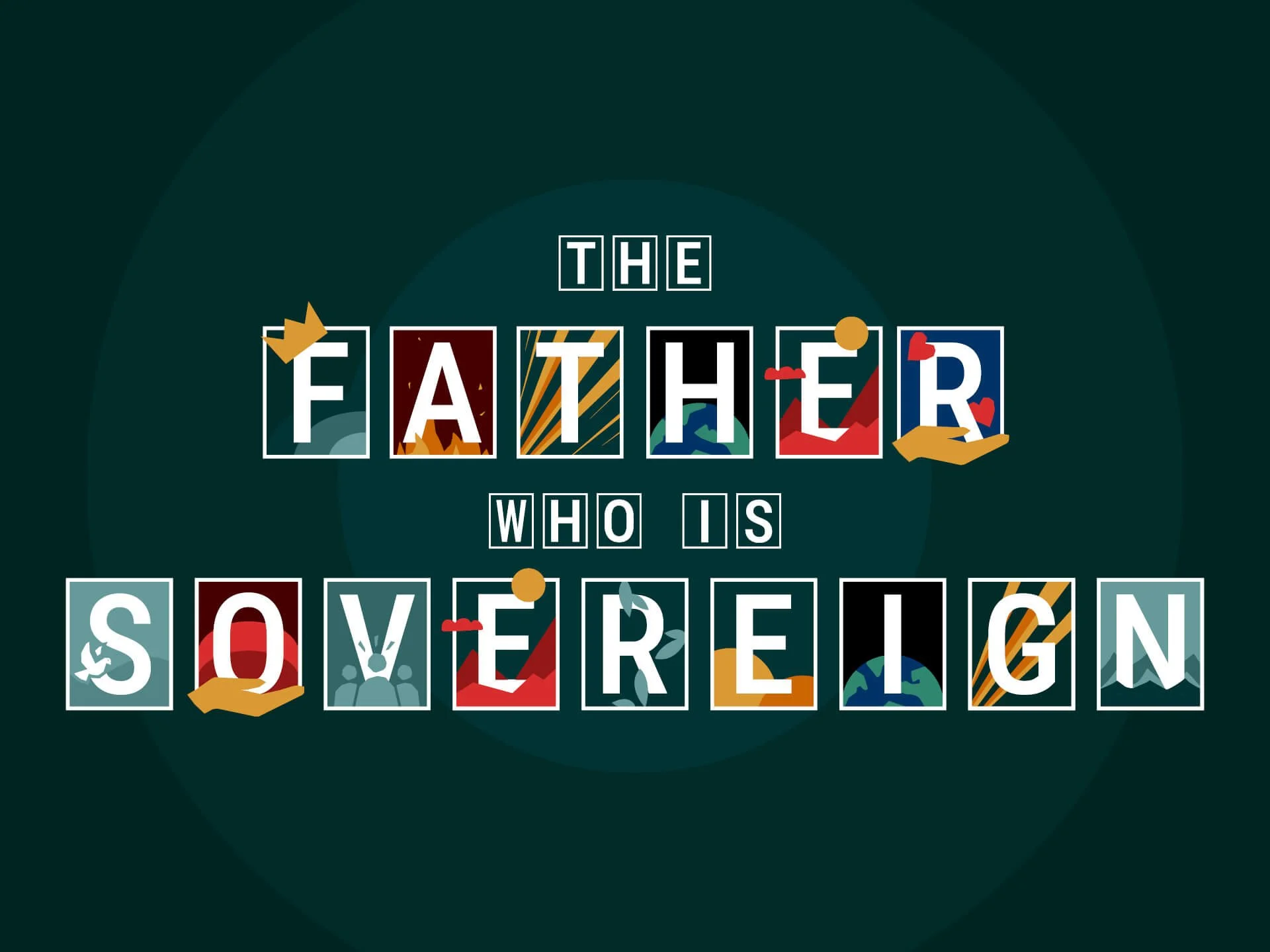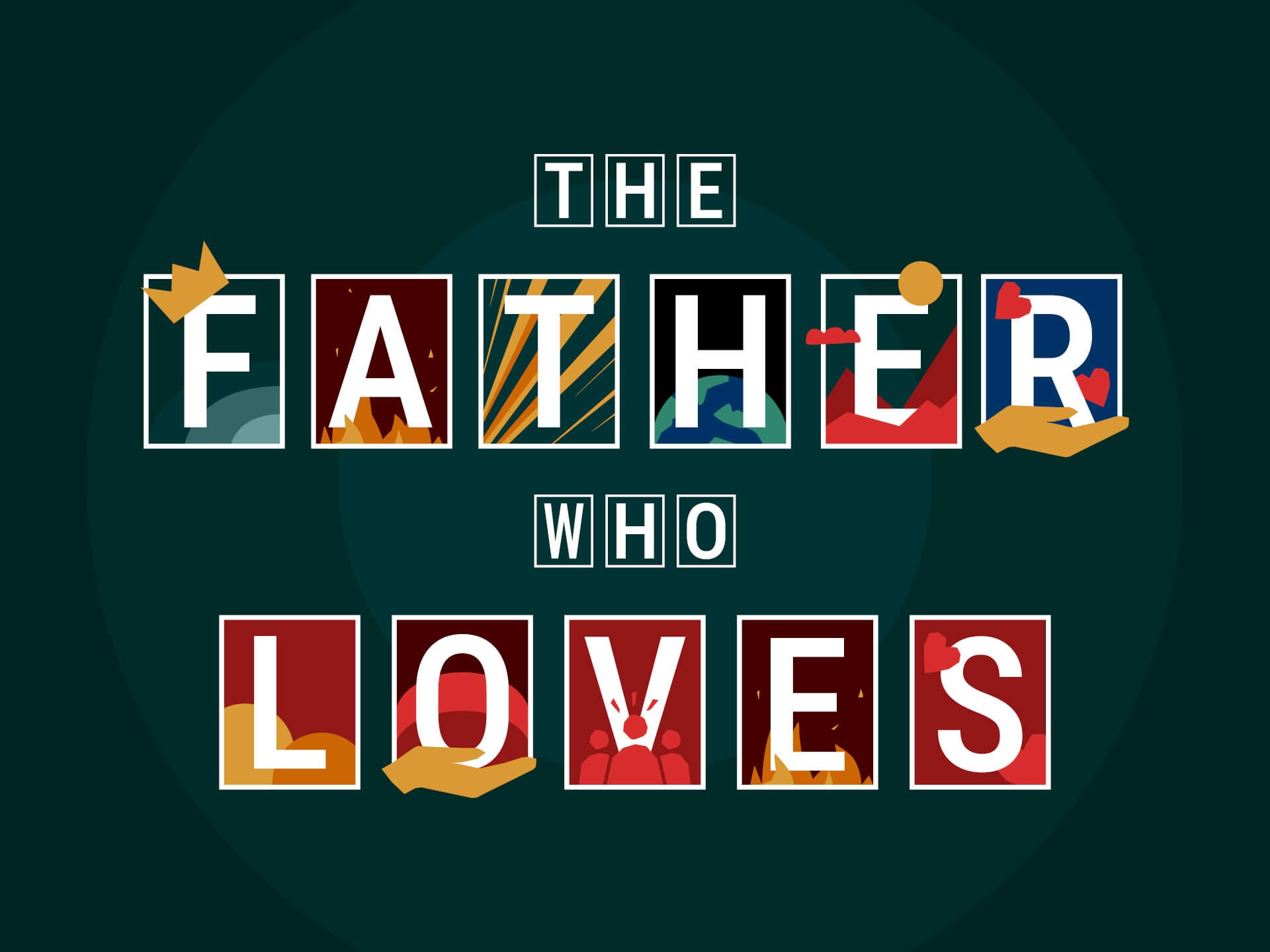Questions for Jesus | Who Are You?
About this series:
In each of the gospels we find Jesus asking questions of his disciples, the crowds and his opponents. And we also find Jesus being asked questions - by his disciples, the crowds and his opponents. Here, we will take 10 questions people asked of Jesus, the first from Luke’s gospel to set up the series and then the rest from Matthew’s gospel.
As well as working through the specific passages, we will aim to encourage people to consider what questions they would like to ask Jesus. The hope is that by looking at Matthew’s gospel in this way, we will see more clearly who Jesus is, be inspired to follow him and learn to be honest about our own questions as we grow to become more like him.
About this talk:
Jesus has been heading to Jerusalem for some time, anticipating his death there at the hands of the Jewish authorities (20:17; cf. Luke 13:22; 17:11; 18:31; 19:28). By ch 21, he and his disciples had left Jericho (20:29) and “came to Bethphage on the Mount of Olives” (v 1), just outside the eastern edge of Jerusalem. The disciples follow Jesus’ instructions and, in a dramatic moment filled with meaning, Jesus acts out a prophecy from Zechariah 9:9 (Matthew explicitly states that Jesus does this to fulfil that prophecy, v 4).
The prophecy of Zechariah comes in a series of encouragements to Israel, yet is an image that would never have otherwise been imagined. Surely the Messiah - the one to restore the fortunes of Israel, defeat her enemies and recentre the nations life on the Torah - would come in grander fashion. But, true to the prophecy, Jesus comes in gentle fashion (“lowly,” Zechariah 9:9). As Passover is approaching, there are a huge number of people in Jerusalem and the surrounding area and “a very large crowd” (v 8) have begun to follow Jesus as he rides into the city on the colt. They shout, “Hosanna to the Son of David! Blessed is he who comes in the name of the Lord!” (from Psalm 118). These are probably cries of celebration and pilgrimage, rather than of Messianic acclamation - 'Despite the enthusiasm of their homage, there is no awareness on the part of the people that the time of fulfilment has actually arrived and that the kingdom has actually drawn near in the person of Jesus himself.’ 3
And then, as Jesus enters Jerusalem, “the whole city was stirred” as they see the crowd following him and wonder what is going on. Thus, the city is said to collectively ask, “Who is this?” This might be no more than a simple enquiry - they want to know who might be carrying out this unusual action - but the crowd provide an answer, v 11, which Mark has been building towards throughout his gospel.
Their question - “Who is this?” - is surely something many people asked during the three years of Jesus’ ministry. The crowds were frequently amazed at him and the disciples had a growing understanding of him, yet were unable to quite pin him down. After the calming of the storm (Matthew 8:23-27), his disciples ask, “What kind of man is this? Even the winds and the waves obey him!” And Jesus turned the disciples’ question on themselves in 16:13-15. After asking who people say he is, he focuses the question more specifically: “Who do you say I am?” This is the ultimate question because our answer to it defines our understanding of God’s revelation in his Son and therefore our standing before God both now and through eternity.
Throughout the centuries the question of who Jesus is has been answered in many, many ways. And the same is true in our day: from those who believe he was a good teacher to those who claim he was a madman; from those who say he is one of many gods to those who are convinced he never even existed. In his days walking the earth people were confronted with making a decision about this ultimate question - Who is this? And still today, that remains the ultimate question each of us must answer, just as Jesus posed to his disciples: “What about you?…Who do you say I am?” (Matthew 16:15).
So in his entire gospel, including this story, Matthew provides us with evidence about the identity of Jesus: he is the Son of God, yet clothed in humility; he is the Lord of everything, yet riding on a donkey; he is the creator and judge, but serves the least and the lowest; he is the servant of the Lord, whose eye is on the humble; he is anointed with the power of the Spirit, yet gentle in how he leads; He is pure divinity and perfect humanity, lacking nothing, giving everything. This is who he is.
Audio only
Questions for Discussion:
Question 1.
(Do this as a big group)
What are some of the perceptions of Jesus that your friends, colleagues or family members might have?
Question 2.
Below are 10 verses pertaining to claims that Jesus made about himself.
Maybe divide into 2 or 3 groups and give a few verses to each group to look up (don’t give them the answer - just the verse). Get them to note the claim e.g. John 10:36 - Jesus claimed to be the son of God. Then get them to discuss the ‘so what?’ What does that tell us about Jesus and how should we respond to that in attitude and action? Eg. He is therefore divine and worthy of our worship and surrender.
Don’t worry if you don’t get through all the verses below.
He is the Son of God
Verse: John 10:36 – “Why then do you accuse me of blasphemy because I said, ‘I am God’s Son’?”
He is the Messiah (Christ)
Verse: John 4:25–26 – “The woman said, ‘I know that Messiah’ (called Christ) ‘is coming.’ … Then Jesus declared, ‘I, the one speaking to you—I am he.’
He has authority to forgive sins
Verse: Mark 2:5–7,10 – “‘Son, your sins are forgiven.’ … ‘Who can forgive sins but God alone?’ … ‘But I want you to know that the Son of Man has authority on earth to forgive sins.’
He is the way, the truth, and the life
Verse: John 14:6 – “I am the way and the truth and the life. No one comes to the Father except through me.”
He is one with the Father
Verse: John 10:30 –“I and the Father are one.”
He existed before Abraham (claiming eternal existence)
Verse: John 8:58 –“Very truly I tell you,” Jesus answered, “before Abraham was born, I am!”
He is the resurrection and the life
Verse: John 11:25 – “I am the resurrection and the life. The one who believes in me will live, even though they die.”
He is the Bread of Life
Verse: John 6:35 – “I am the bread of life. Whoever comes to me will never go hungry…
He is the Light of the World
Verse: John 8:12 – “I am the light of the world. Whoever follows me will never walk in darkness, but will have the light of life.”
He is the Good Shepherd
Verse: John 10:11 – “I am the good shepherd. The good shepherd lays down his life for the sheep.”
Prayer
End the evening by encouraging people to pray out loud thanking Jesus for one of the above aspects of who He is.












